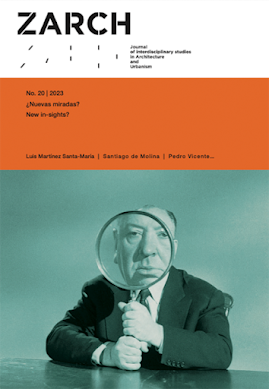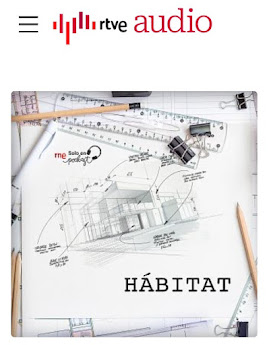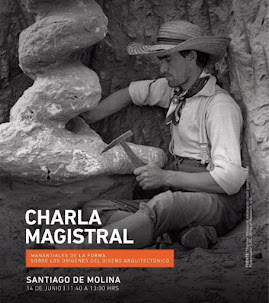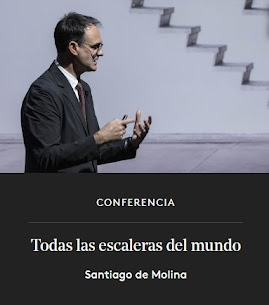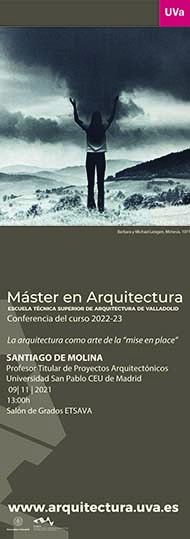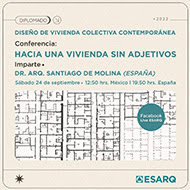Desde Barthes sabemos bien que "la mierda escrita no huele", he ahí el motivo de que esas cartas no causasen desdichas añadidas a la nobleza. Por fortuna tampoco huele la mierda retratada. Cosa muy diferente sería que la duquesa y la emperatriz hubiesen compartido semejantes confidencias en los tronos enfrentados de la imagen...
El mundo excrementicio no se consideraba una cosa privada en la antigüedad. Griegos y romanos defecaban en comandilla. Se ha discutido mucho si los romanos sentían la necesidad de aliviar sus necesidades en privado o eran felices con hacerlo en público. El caso es que Vitruvio no dice gran cosa al respecto. Los primeros retretes individuales, que no privados, se dan en las mejores casas de Roma tanto como en mitad de los bosques y campos. La edad media conservó ese modelo comunal de letrinas.
Es leyenda que el primer espacio privado dedicado al retrete como hoy lo entendemos lo construyó el papa Julio II en sus dependencias del Vaticano en 1507. Solo dos años antes había encargado a Miguel Ángel el proyecto de su tumba. Las cosas tienen su orden de prioridad.
El renacimiento ordenó una policía del excremento. Un edicto de París de 1539 obligaba a los particulares a construir retretes en sus casas, bajo pena de perder incluso la propiedad de su vivienda. Desde ese momento confluyen los significados de los términos 'retrete' y 'privado'. La dimensión privada de lo escatológico es tan delicada como la limpieza del culo. A la mínima de cambio, cualquiera irrumpía en ese espacio "privado" dejando al descubierto las impudicias del más elegante.
La teleología, la antropología y la coprología hunden sus raíces en la misma problemática cultural de los límites de lo privado. El colmo es la regresión anal que supone este retrete enfrentado con otro. No solo por la suciedad del propio espacio sino porque deshace la posibilidad de no compartir olores o la visión ajena mientras uno realiza tareas verdaderamente individuales. Esa mismísima sensación fue relatada por Julio Cortázar restringiéndola a su dimensión auditiva: "En los departamentos de ahora ya se sabe, el invitado va al baño y los otros siguen hablando de Biafra y de Michel Foucault, pero hay algo en el aire como si todo el mundo quisiera olvidarse de que tiene oídos y al mismo tiempo las orejas se orientan hacia el lugar sagrado que naturalmente en nuestra sociedad encogida está apenas a tres metros del lugar donde se desarrollan estas conversaciones de alto nivel, y es seguro que a pesar de los esfuerzos que hará el invitado ausente para no manifestar sus actividades, y los de los contertulios para activar el volumen del diálogo, en algún momento reverberará uno de esos sordos ruidos que oír se dejan en las circunstancias menos indicadas, o en el mejor de los casos el rasguido patético de un papel higiénico de calidad ordinaria cuando se arranca una hoja del rollo rosa o verde…"
A veces basta con el sonido para sentir la misma incomodidad que provoca esa imagen inicial. Si el inventor del retrete con cisterna, el poeta John Harrington, viese lo que alguien hizo con su inodoro seguramente se habría arrepentido de su creación.
Since Barthes, we know well that 'written shit doesn't stink', that's why these letters didn't cause additional misfortunes to the nobility. Fortunately, depicted shit doesn't stink either. It would be a very different thing if the duchess and the empress had shared such confidences on the opposing thrones of the image...
The excremental world was not considered a private thing in antiquity. Greeks and Romans took a dump in groups. There has been much debate about whether the Romans felt the need for privacy when relieving their needs or if they were happy doing so publicly. The fact is that Vitruvius doesn't say much about it. The first individual toilets, which are not private, are found in the best houses in Rome as well as in the middle of the woods and fields. The Middle Ages preserved this communal excremental model.
Legend has it that the first private space dedicated to the toilet as we understand it today was built by Pope Julius II in his Vatican quarters in 1507. Just two years earlier, he had commissioned Michelangelo to design his tomb. Things have their order of priority.
The Renaissance ordered a policing of excrement. A Parisian edict of 1539 obliged individuals to build toilets in their homes, under penalty of even losing the ownership of their dwelling. From that moment on, the meanings of the terms 'toilet' and 'private' converge. The private dimension of the scatological is as delicate as the cleanliness of the butt. At the slightest change, anyone would burst into that 'private' space, exposing the indecencies of the most elegant.
Teleology, anthropology, and coprology sink their roots in the same cultural problematic of the limits of privacy. The height of it is the anal regression that this toilet facing another implies. Not only because of the dirtiness of the space itself but because it undoes the possibility of not sharing smells or the sight of others while one performs truly individual tasks. This very sensation was narrated by Julio Cortázar, restricting it to its auditory dimension: 'In today's apartments, as we know, the guest goes to the bathroom and the others continue talking about Biafra and Michel Foucault, but there is something in the air as if everyone wanted to forget that they have ears and at the same time the ears are oriented towards the sacred place which naturally in our shrunken society is barely three meters from the place where these high-level conversations are taking place, and it is certain that despite the efforts that the absent guest will make not to manifest his activities, and those of the interlocutors to activate the volume of the dialogue, at some moment will reverberate one of those deaf noises that let themselves be heard in the least indicated circumstances, or in the best of cases the pathetic scraping of a toilet paper of ordinary quality when a sheet of the pink or green roll is torn off...'
Sometimes the sound alone is enough to feel the same discomfort that this initial image provokes. If the inventor of the flush toilet, the poet John Harrington, saw what someone did with his toilet, he would surely have regretted his creation.















,%20India,%20photo%20by%20H.G.%20Ponting,%20y%20Fala%20Atelier,%20Casa%20Suspendida,%20Oporto,%20imagen%20Fala%20Atelier.jpg)


















